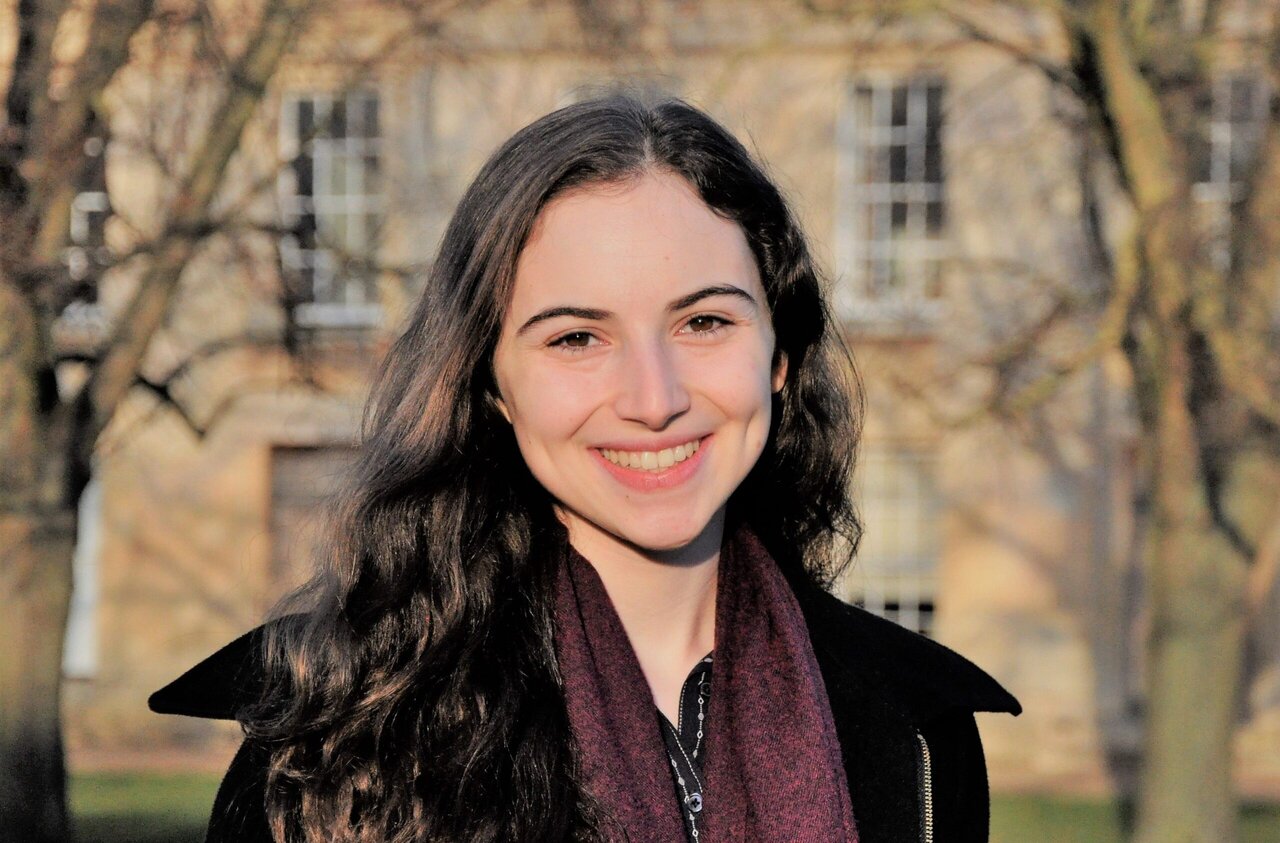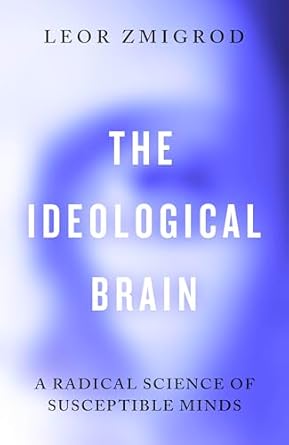
Leor Zmigrod's first book - described as an eye-opening account of the impact of political ideologies on our brains - is published this month.
Fascinating, insightful, lucidly and entertainingly written, Zmigrod's account illuminates the debate about the nature of ideology and the power it exerts, by bringing cognitive neuroscience – in fact, an intriguing development of it: ‘political neuroscience’ – to bear on both.
Professor A. C. Grayling
A Gates Cambridge Scholar is launching her ‘startingly original’ book on political neuroscience with an appearance at two major festivals and a workshop at Bill Gates Sr. House.
Leor Zmigrod’s book, psychologist and psycholinguist Steven Pinker as being “filled with insightful findings” and showing “that ideological extremism and polarisation are not just problems to fret about but puzzles that can be studied and understood”.
Leading thinkers have praised the book, including Cass R. Sunstein, co-author of Nudge, who called it “an extraordinary, eye-opening and startlingly original book, showing what ideology does to the human brain, and casting a bright new light on the sources and nature of dogmatism, ideology and open-mindedness”. A. C. Grayling, author of The History of Philosophy, called it an “educative, rewarding, troubling, but ultimately hopeful, book” and Nigel Warburton, author of A Little History of Philosophy, says it is “a fascinating and important exploration of the causes of cognitive rigidity and of the factors that make some people more vulnerable to it than others”.
Leor will be speaking about the book at the Cambridge Festival on the evening of 1st April.
She is also doing a talk about the book at the prestigious Hay Festival on 25th May. And she will be leading ‘how to get published’ workshop for Gates Cambridge Scholars on 19th June.
Leor [2016] completed her PhD at Cambridge University as a Gates Cambridge Scholar and was a Junior Research Fellow at Churchill College, Cambridge. She has held visiting fellowships at Stanford University, Harvard University and both the Berlin and Paris Institutes for Advanced Study. Leor was listed on Forbes 30 Under 30 in Science and has since won numerous prizes for her trailblazing research and public outreach, including the Women of the Future Science Award and MHP’s “30ToWatch” in British Politics Gold Winner Award. Leor advises national and international policymakers on developing evidence-based counterextremism policies and her research has been featured widely in the media, including in The New York Times, Guardian, Financial Times and New Scientist. The Ideological Brain is Leor’s first book and has over 10 translations in French, German, Italian, Spanish, Japanese, Korean, amongst others.








 Based on Leor’s research, the book uncovers the hidden mechanisms driving our beliefs and behaviours, showing that ideologies change our neural architecture and our cells. For instance, it demonstrates how a simple card sorting game can reveal a person’s entire approach to life as cognitive rigidity in such tasks – struggling to adapt to new rules – mirrors the rigidity with which a person cling to social and political ideologies. It concludes that, while some individuals are more susceptible to dogmatic thinking than others, all of us can strive to be more flexible and embrace ambiguity.
Based on Leor’s research, the book uncovers the hidden mechanisms driving our beliefs and behaviours, showing that ideologies change our neural architecture and our cells. For instance, it demonstrates how a simple card sorting game can reveal a person’s entire approach to life as cognitive rigidity in such tasks – struggling to adapt to new rules – mirrors the rigidity with which a person cling to social and political ideologies. It concludes that, while some individuals are more susceptible to dogmatic thinking than others, all of us can strive to be more flexible and embrace ambiguity.



